Leader of The Band – Dan Fogelberg
I was watching some of my grandpa’s old camcorder footage the other day (which I will eventually upload). He was taking panning shots of the big trailer and talking about his plans to build additions onto it. It hurts a little to listen to that now. Richie always had plans like that. This is why Puckaway has an abundance of bricks, lumber, plywood, corrugated metal sheets, piping, small engines, lawnmowers, appliances, and everything else that makes up the clutter we’re now focused on clearing out. My grandpa grew up during the Great Depression and spent the rest of his life never taking anything for granted. Throughout his career with the City of Milwaukee Sanitation Department, he was in a prime position to snatch up all sorts of leftover building materials that otherwise would have been scrapped. Later, when his son-in-law, Andy, owned and operated Custom Craft Vehicles, Richie had another opportunity to grab cast aside treasures. He was always on the lookout for deals and never passed up an opportunity to take on a new project.
Plenty good came from his drive over the years. Grandpa built all sorts of things from the nice hardwood pieces he got from CCV. Some of the bricks he salvaged found a place in landscaping at Puckaway, his home, my aunt’s house, and my parents’ house. Worn-out railroad ties became garden boundaries. Richie had a knack for repairing small engines and I don’t think he ever had to buy a new (or even running) lawnmower, riding or push, in his life. He had plans for everything he salvaged, he had the know-how to see those plans through, and most of what he salvaged in his lifetime ended up at Puckaway.
Plans and know-how, however, can only get you so far. You also need time. Every year, my grandparents would spend the majority of their time up at Puckaway just keeping up with the yard. They had to constantly water and fertilize the trees, shrubs, and flower and vegetable gardens they had planted just to keep them alive in the sandy soil. Fall leaf pickup took (and still takes) days to complete, especially since Richie would bag the mulch to fill in the low ground of the marsh trails. With the time he had left after all that, it was all he could do to stay on top of the growing collection of project materials which left the pole barn all but unnavigable and was consuming more yard space each year. And still he salvaged, adding more and more to a project list that would never see completion.
Richie had a history of heart problems. He had a congenital valve defect very similar to mine, though his wasn’t diagnosed until late in his life. He suffered multiple heart attacks in his 50s and underwent a valve replacement in 1996, right before I had to face the same procedure. He had congestive heart failure and the last few years of his life were a struggle for him to go through the motions of a normal daily routine, let alone tackle major projects. But he never gave up trying.
When I was in high school and I knew my grandpa was planning on coming to Puckaway, I would take a day off of school and come up before him. I’d take care of the lawn, feed the birds, haul in wash water from the pump, open and clean the big trailer, gather brush… I’d do all his work for him. When he arrived, I’d unload whatever he had brought up, leaving him nothing to do but sit down and relax. Richie was an intensely proud man. From anyone else this would have been perceived as an insult, as coddling a feeble old man. But he’d give me a little smile and a tongue-in-cheek complaint about having “nothing to do around here!” and relax. Looking back, I see this as bargaining behavior for the grieving process that started when his health began to fail. Regardless of the motivation, it was the right thing to do–and the least I could do for the man who had done so much for me.
I’ve never felt a loss as strong or all-encompassing as when my grandfather died. Just writing about this, twelve years later, is enough to bring on tears and an echo of that horrible, hollow feeling. When you lose someone, all you have is the memories of time you’ve spent with them. And that’s how Puckaway helped me work through my grief more than anything else. There’s something about a place that binds and strengthens memories stronger than photos, objects, music, even home videos ever could. All of my childhood memories of Puckaway include my grandpa. The two are forever linked for me. As long as I’m taking care of this place, a part of him will live on.
I don’t pretend to think I can finish every project he wanted to start. And so much of what Richie’s gathered has already succumbed to the elements or is beyond my ability to make useful. But there’s still plenty I can do. He never stopped trying to make this place better. Neither will I. It doesn’t matter if I ever get it done as long as I never stop trying.
The credit belongs to the man who is actually in the arena, whose face is marred by dust and sweat and blood; who strives valiantly; who errs, who comes short again and again, because there is no effort without error and shortcoming; but who does actually strive to do the deeds; who knows great enthusiasms, the great devotions; who spends himself in a worthy cause; who at the best knows in the end the triumph of high achievement, and who at the worst, if he fails, at least fails while daring greatly, so that his place shall never be with those cold and timid souls who neither know victory nor defeat.
Theodore Roosevelt, from Citizenship in a Republic, delivered at the Sorbonne, Paris, April 23, 1910.
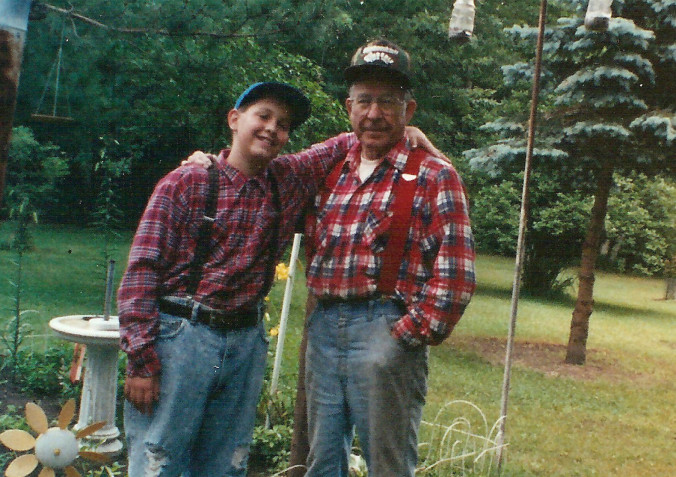
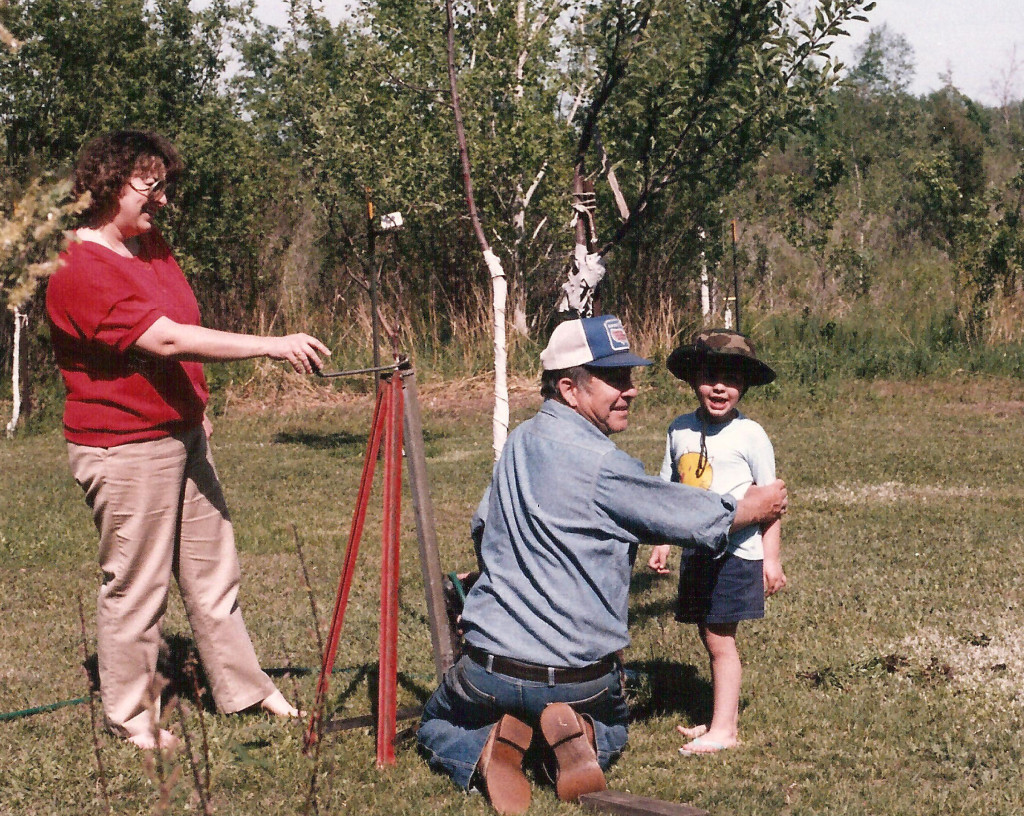
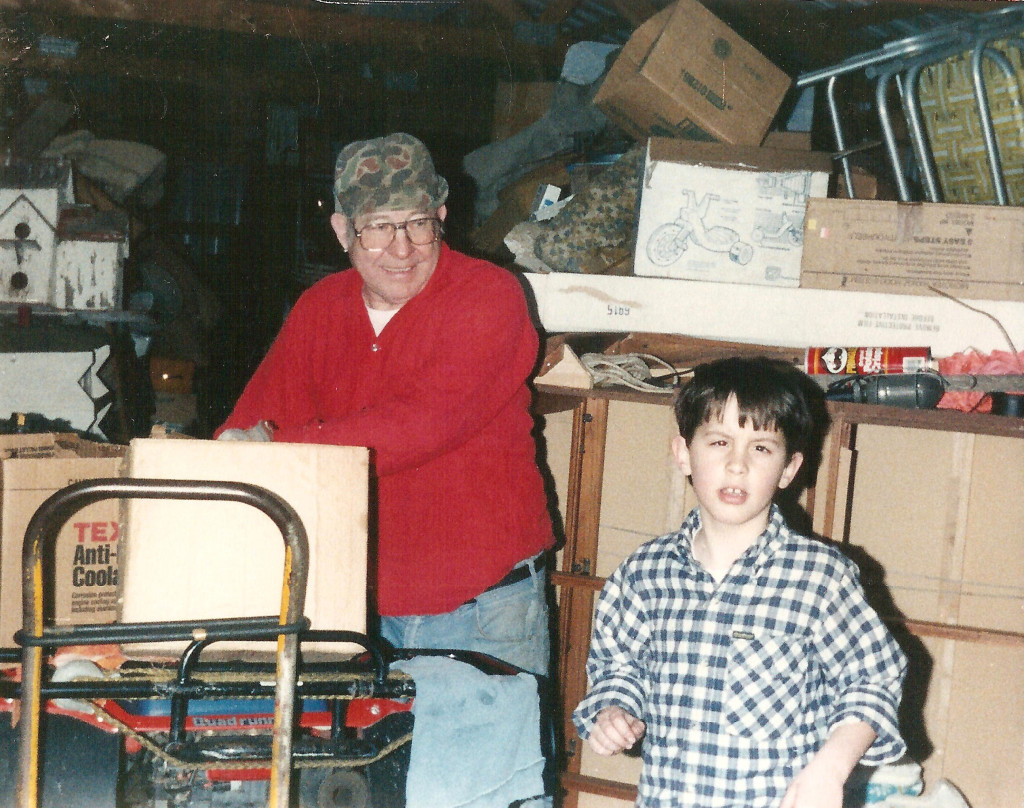
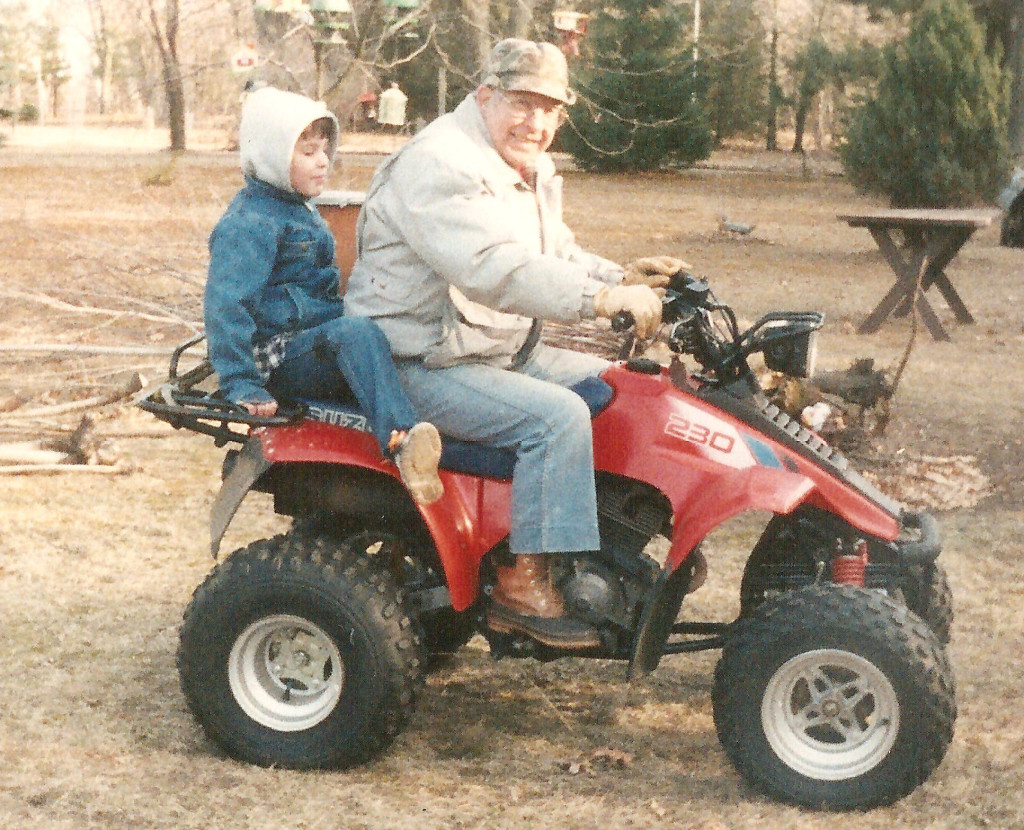
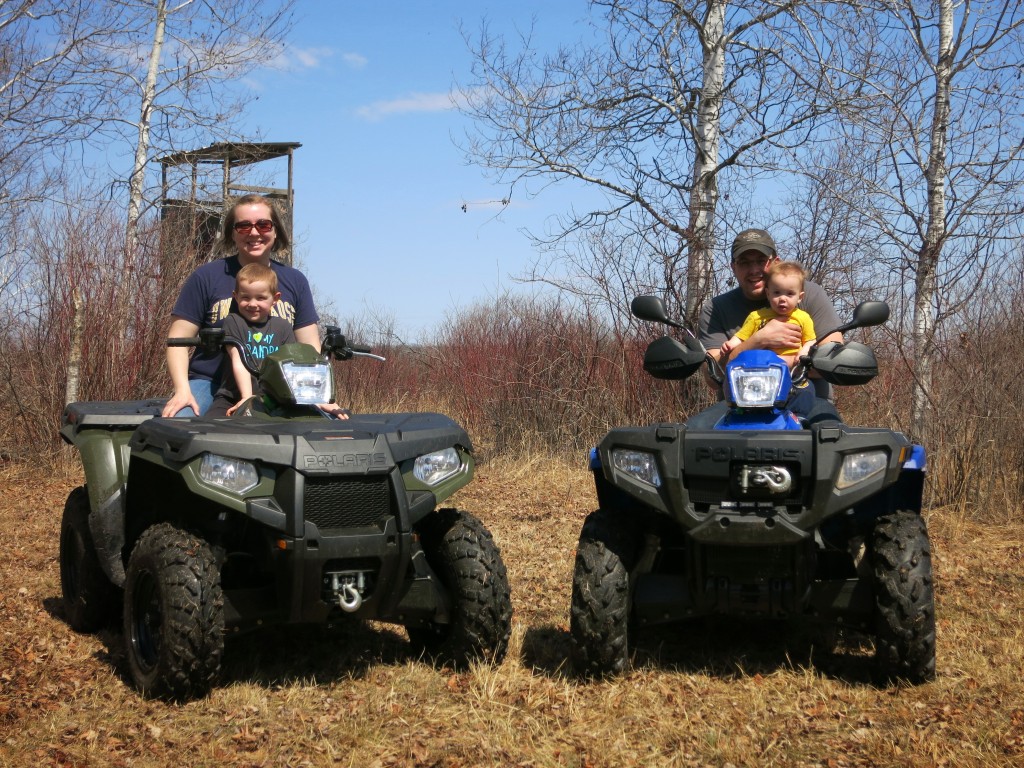

Leave a Reply
You must be logged in to post a comment.